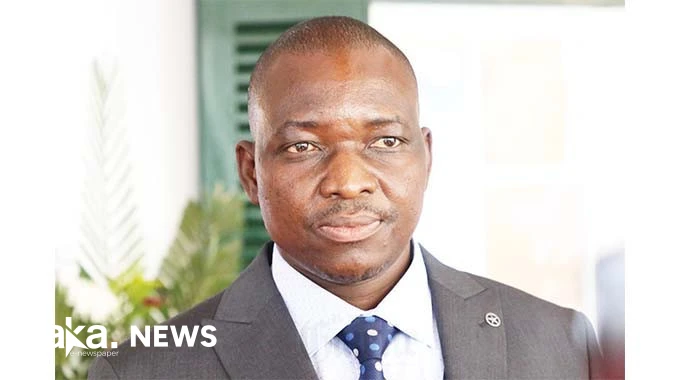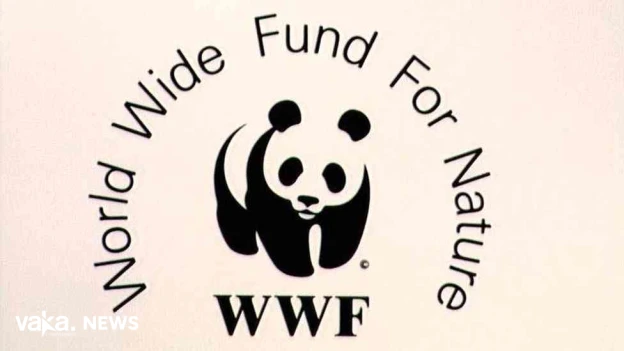Mineral exports hit US$20b mark
- Category: General

- By Dion Kajokoto
According to the Minister of Mines and Mining Development, Zimbabwe has earned more than US$20 billion from the export of minerals since 2018, highlighting the industry's importance as a major engine of economic expansion. Mines Minister Zhemu Soda stated that the mining industry was expanding, especially in the lithium subsector, during the commissioning of the Kamativi Mining Company's phase one lithium flotation plant and spodumene mine on Friday. The minister declared, "There is no denying that Zimbabwe's mining sector is an important one that greatly boosts the nation's gross domestic product." "From 2018 to date, a total of over US$20 billion has also been realized from the export of various minerals, including gold, platinum, and lithium."
Despite the laws put in place to restrict the export of raw lithium, according to Soda, the subsector's stakeholders were able to exceed their export goals. He stated, "Lithium exports were set at US$500 million, but despite export bans that were implemented in 2023, a total of over US$600 million was realized from the export of spodumene, petalite, and lepidolite underscoring the importance of this lithium minerals to our economy." According to him, the ministry will keep developing plans to enable Zimbabwe to reap greater benefits from its natural riches. Creating special purpose vehicles for mineral exploration, opening new mines, revitalizing idle mines, growing ongoing mining projects, reducing mineral leakages, increasing capacity utilization, and ultimately value addition and beneficiation for the industry as a whole are some of these strategies.
Soda stated that a significant turning point in the nation's mining history was the spodumene mine and the phase one lithium flotation operation. According to him, the government, acting through the Mines and Mining Development ministry, has developed several policies to support the expansion and management of the country's lithium subsector. Reopening closed mines and introducing regulatory frameworks are two of these tactics. In the past, Kamativi Mine was a tin mine that closed in 1994.
The government's efforts to collaborate with commercial entities have allowed the brownfield project to resurface as a lithium mine. The Chinese company Yahua Group is attempting to revive the mine. About US$100 million of the intended US$249 million in total investment has been spent thus far on the project. With the capacity to convert 300,000 tonnes of raw spodumene ore into 50,000 tonnes of spodumene concentrate annually, the company's lithium concentration plant can generate an estimated US$50 million in revenue annually. According to Soda, the facility is an addition to the lithium processing plants that were put into service in 2023 as a result of the increased demand for the mineral throughout the world.
The fact that these plants are located in various provinces across the nation, such as Mashonaland East, Masvingo, Manicaland, and Matabeleland North, is impressive, he added, indicating that such projects will encourage economic activity. One technique that makes it possible to extract valuable minerals from ore while guaranteeing optimal recovery rates and minimizing waste is flotation.Under the guidance of lithium laws, the Kamativi flotation plant will be able to manufacture lithium concentrate to the grades specified in Zimbabwe's regulations. "This is really impressive and shows how we are making progress toward fully utilizing Zimbabwe's abundant mineral resources for beneficiation and value addition," he remarked.
As of right now, Yahua Group president Meng Yan estimates that Kamativi has generated employment prospects for 300 individuals directly and about 1,000 indirectly through subcontractors. "Kamativi Mining Company is happy to inform you that, since the beginning of our mining operations, we have paid more than US$8 million in taxes to the Zimbabwean government," he stated. "We anticipate that this project will increase our tax contributions towards the development of Zimbabwe and create more employment opportunities with the imminent completion of phase two." Over US$2 million has been committed by Kamativi in various community projects thus far. These involve, among other things, fixing up neighborhood roadways, reviving the water and electricity systems, and providing a range of necessities to the clinic and nearby schools.






